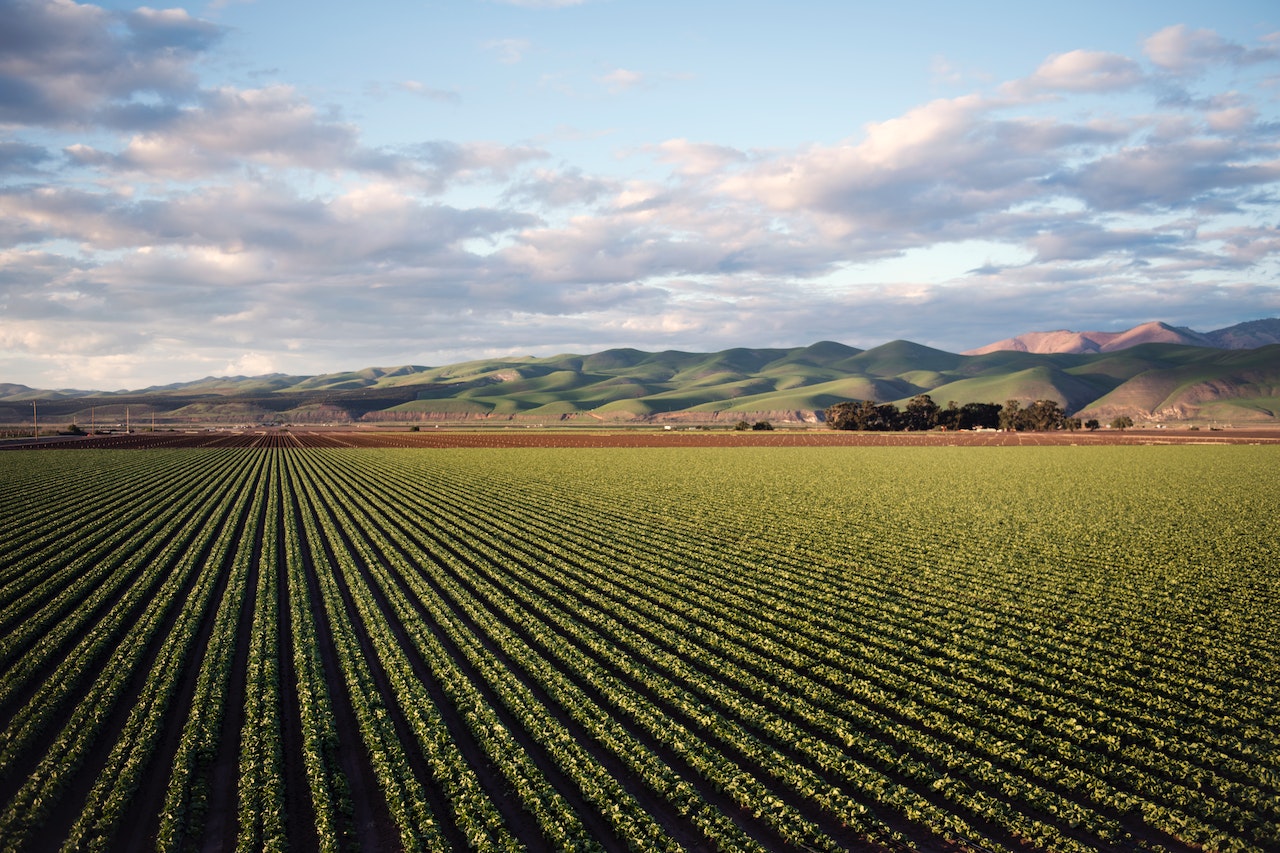BLOG
By: Natalia Vera Matiz
What does intellectual property have to do with food security?


Natalia Vera Matiz of Vera Abogados expresses the need for further review of the food security crisis as the protection available through IPR still fails to protect those in need due to inequitable circumstances.
A couple of years ago, when President Biden began his term in office in the United States, the authors of a blog wrote vehemently about the need for this administration to address the food security crisis that has been accentuated by, among other factors, climate change. This author emphasized the benefits that emerging technologies can bring to mitigate this crisis, and therefore called for companies and leading nations in this field to invest in this specific area, which would bring them the advantage of obtaining the benefits derived from Intellectual Property.
It is here where we must stop to analyze the implications of the protection of intellectual property rights associated with food security, as this brings us to the specific field of agriculture where, for example, through the application of biotechnology, plants, and crops are improved to resist climate change, thus having as a consequence a means to mitigate this crisis. Thus, Intellectual Property has two forms of protection, patents, and plant variety protection, which, although at first glance seems to be an appropriate, equitable, and fair way of rewarding those who invest in innovation that has an impact on a vital field such as food security, it does not always bring favorable consequences for all the actors involved:
Firstly, in developing countries where farmers, or at least some of them, are used to the exchange of seeds and knowledge without barriers, this could have a significant impact, since they will have to pay the prices set by breeders and owners, who in most cases are from developed countries.
Secondly, research and development progress for the improvement of proprietary crops will be affected by intellectual property rights, because it will be difficult to find an exception that allows such research.
Thirdly, the application of this technology in developing nations may not be correct, due to a lack of training.
However, the flexibilities brought by the international treaties that address the subject, either superficially or in-depth, are not enough, since, for example, the TRIPS have been affected by the free trade agreements where the technology leader imposes its own conditions, or those international instruments that allow the use of plant varieties that are already in the public domain does not make much sense.
Thus, in order to face the food crisis, I consider it necessary to take into account the inequalities that exist between nations, because although it is true that remuneration through intellectual property rights becomes not only a reward but a necessary stimulus to advance technologically in any field, it is necessary to take into account all the actors that are part of this balance to be able to conclude that the food crisis is truly and effectively being faced.
Published in: 2023 Global IP Directory – CTC Legal Media.
Más artículos
-
An interview: inspirations, experiences, and ideas for equality by Natalia Vera for Trademark Lawyer Magazine
(Español) By Natalia Vera Matiz: As you may know, in January of 2021 was announced that Google and the French publishers achieved a new agreement…
Sunday July 7th, 2024 -
¿Is Facebook indeed excuting an antitrust conduct?
(Español) Por Natalia Vera Matiz: Hace un par de años, cuando el presidente Biden iniciaba su mandato en Estados Unidos, los autores de un blog escribía con mucha vehemencia sobre la necesidad…
Tuesday February 21st, 2023 -
An interview: inspirations, experiences, and ideas for equality by Natalia Vera for Trademark Lawyer Magazine
(Español) Por Natalia Vera Matiz: En su reciente Asamblea extraordinaria de noviembre de 2021, la OMS convino “poner en marcha un proceso…
Wednesday January 18th, 2023 -
Cannabis: A Promising Future
(Español) Article by Natalia Vera Matiz: At first, and for many years, experts, artists, authors, and owners have been afraid because their works could be infringed through the Internet…
Tuesday December 27th, 2022

 Español
Español